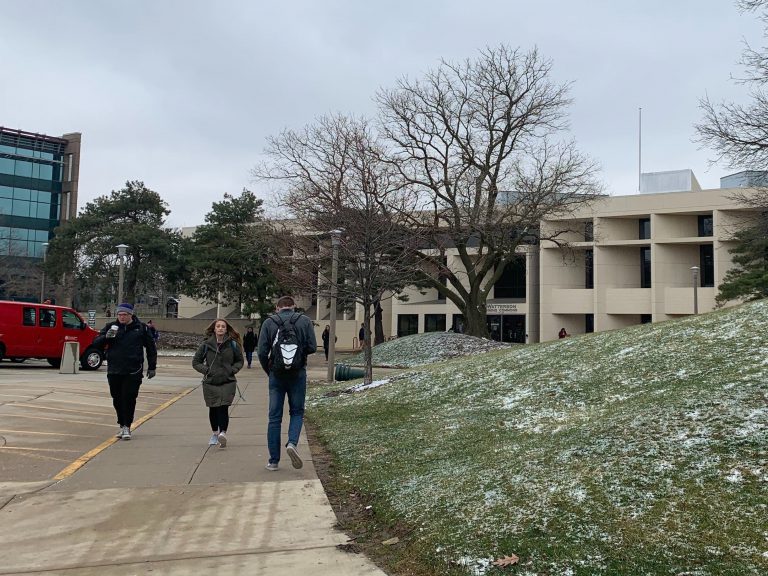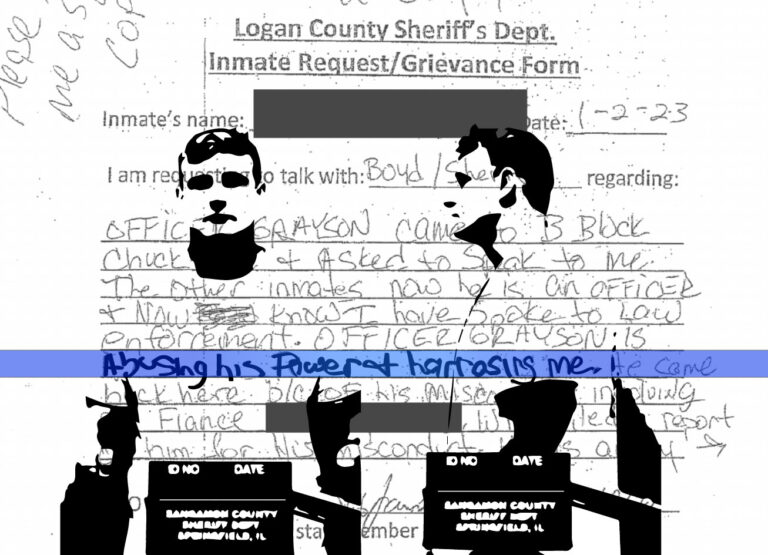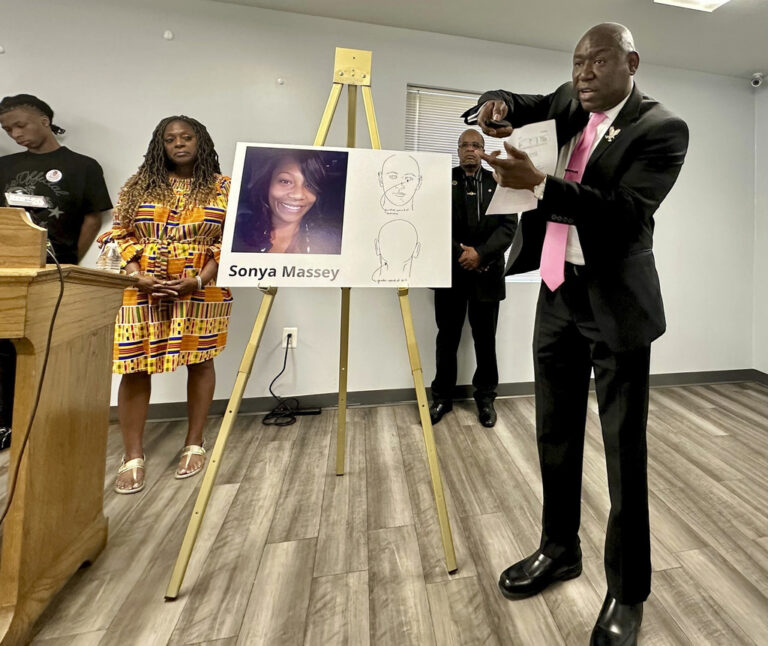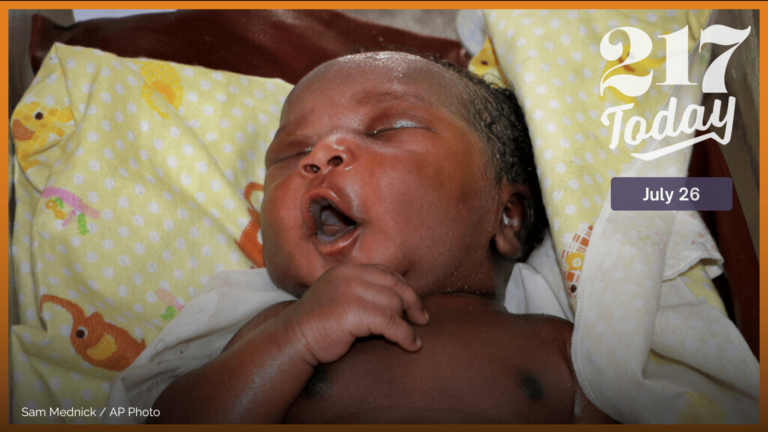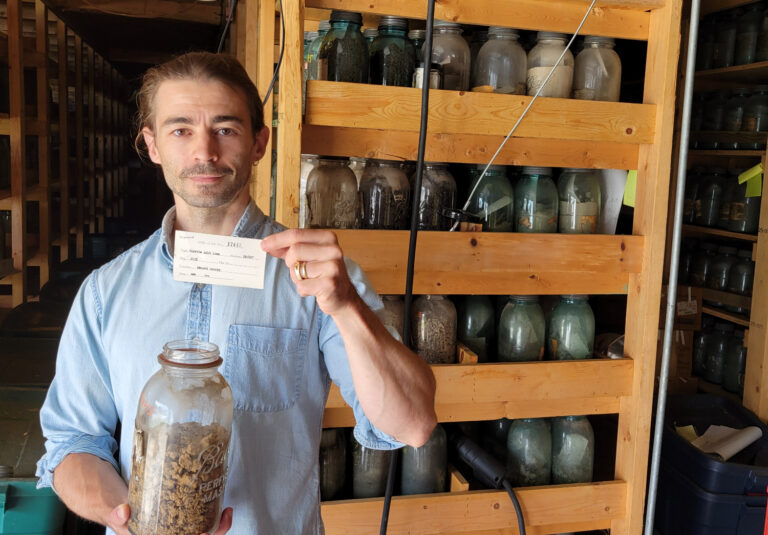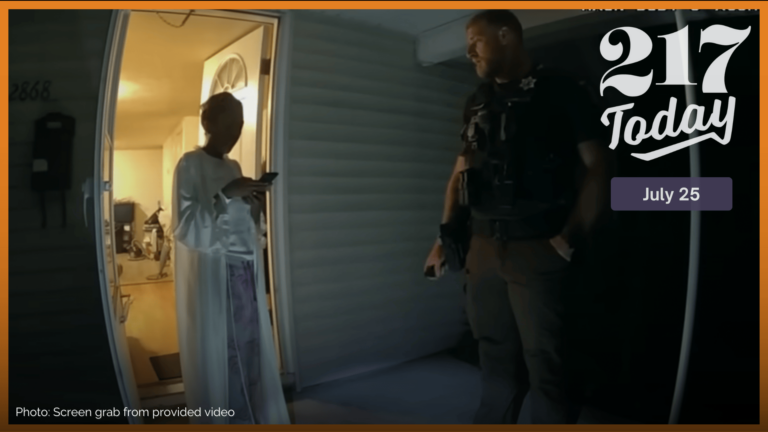NORMAL – It’s January, so most Illinois college students are coming back to class after winter break. But this will be their first time back on campus in a state where consuming cannabis is legal. Even so, that doesn’t necessarily mean that they’ll be able to do it.
A 2017 study by the National Institute on Drug Abuse (NIDA) found that 38 percent of young college students reported using marijuana within the last year—either legal or illegal. In 2006, only 17 percent reported using the drug, suggesting that colleges officials have noticed a change in habits.
Illinois Newsroom contacted 52 of Illinois’ private colleges and universities to see if their policies had changed given the new recreational cannabis law that took effect in 2020. The 13 institutions that replied as of press time receive federal funding. More specifically, they allow students to take out student loans and grants through the Federal Student Aid (FAFSA) portal. That means that even private universities fall under the jurisdiction of the 1989 Drug-Free Schools and Communities Act (DFSCA), which compels institutions to have campus policies controlling the use of drugs and alcohol on campus. Most take that to mean an outright ban, given that cannabis is still illegal under federal law.
The fact that every college and university can come up with its own policy does make for some interesting nuances camps-to-campus, though. Several of the institutions that replied, like DePaul University, Northwestern University, and North Park University, said they had to clarify their existing positions on cannabis use given the change in Illinois law. Some, like Illinois College, have stated that off-campus use is permitted, so long as students adhere to the 21-year-old age limit on cannabis consumption.
This mirrors policies on smoking tobacco and drinking alcohol, especially in the case of Illinois Wesleyan University which adjudicates students cited on underage drug offenses by Bloomington or Normal Police.
Knox College makes a pedagogical argument for enforcing drug use off campus, but only “when the behavior has an impact on the educational mission and interests of the college.”
Fewer institutions like Wheaton College forbid any form of drug use, on or off campus. Some even have zero-tolerance policies for drugs and intoxication on campus, like National Louis University. The strictest schools claimed that they reserve the right to test and sanction students, even if they had consumed cannabis before enrolling. THC, the psychoactive chemical in cannabis, might be present in a user’s system for weeks or months depending on the dose and frequency. Some schools say this only applies to student athletes, however.
Most institutions have some form of a “three-strikes” policy towards cannabis use.
Only one college, the Erikson Institute, which does not have any undergraduate students, has decided to revisit their drug policy for 2020.
Increased use of cannabis among young people, and the legalization of the drug for either recreational or medical consumption across more than two dozens states, has drawn increased attention to campus drug policies.
Several students back on the first day of class at Illinois State University said they’re far more concerned with alcohol than cannabis abuse. While cannabis is the most widely-used illicit drug in America, more than half of 18-22-year old college students reported drinking alcohol in any given month. A third of those reported binge drinking, according to the survey from the NIDA. About one-in-four college students—almost all women—reported experiencing alcohol-related sexual assault.
With lawmakers lobbying for federal laws to decriminalize cannabis in states that have legalized it, it’s possible that Illinois colleges and universities might actually have to revise their drug policies in the near future.

